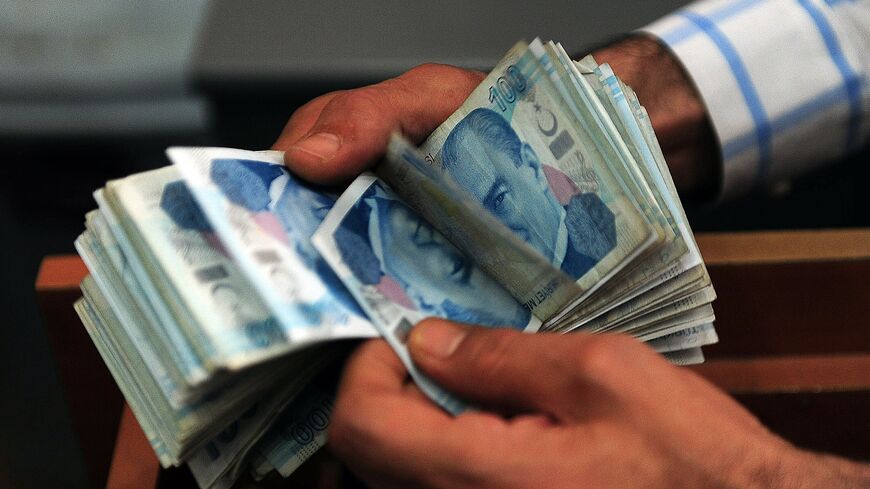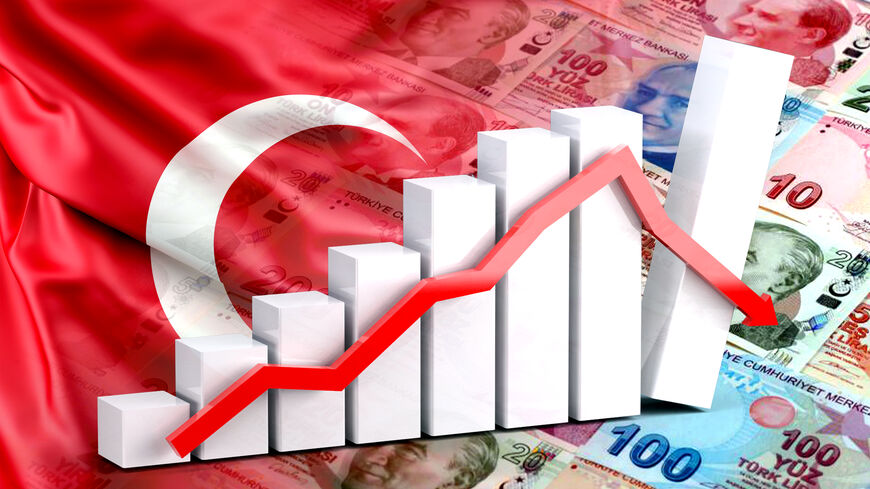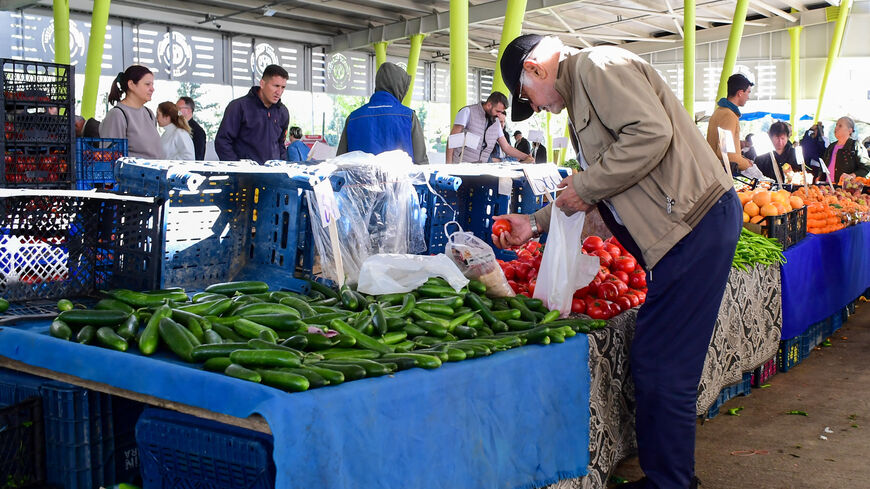Turkey’s Central Bank keeps interest rates at 50% as inflation cools
The decision, part of a pause in monetary tightening since April, comes as the country’s annual inflation slowed down in June for the first time in eight months, but still remains above 70%.

ANKARA — Turkey’s Central Bank kept interest rates steady on Tuesday, following news earlier in July that the country's high inflation was slowing for the first time in eight months.
The Monetary Policy Committee left the rate at 50%, as Turkey’s year-on-year inflation for June slowed down, but remained above 70%. Turkey's annual consumer inflation hit 71.6% in June after reaching an 18-month high of 75.45% in May, according to data released by the Turkish Statistical Institute. The central bank revised its year-end projections on inflation from 36% to 38% in May.
“Leading indicators suggest that monthly inflation will rise temporarily in July,” the committee said after its monthly meeting. “However, the rise in the underlying inflation is expected to be relatively limited,” it added.
The decision, part of a pause in monetary tightening since April, had been widely expected by economists. “No surprise,” Timothy Ash, senior emerging markets strategist at BlueBay Asset Management, wrote on social media platform X. He continued that rate cuts are unlikely to be on the horizon before 2025: “Little scope for rate cuts this year, but the opportunity should present itself in 2025 as inflation heads to the teens.”
The bank also reiterated its readiness to continue the rate hikes in case of significant deterioration in the inflation outlook.
“Considering the lagged effects of the monetary tightening, the committee decided to keep the policy rate unchanged,” the committee said after its monthly meeting, but reiterated that it remains highly attentive to inflation risks.
As Turkey faces one of the worst cost-of-living crises in its history, the central bank raised borrowing costs from 8.5% to 50% in an aggressive run of hikes between June and March as part of President Recep Tayyip Erdogan’s return to orthodox economic policy. Before being reelected in May 2023, Erdogan had insisted on keeping interest rates stubbornly low despite soaring inflation.






